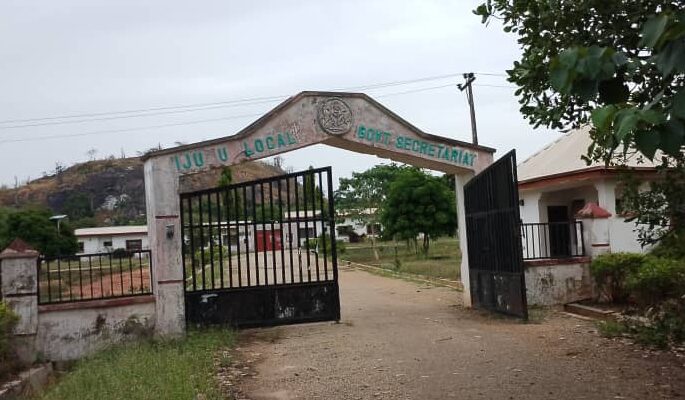The governance structure of Nigeria, which includes federal, state, and local tiers, is designed to ensure a balanced distribution of power. However, a growing concern has been the overbearance of state governors, which many argue undermines the autonomy of local government administration. This issue has recently come to a head in Kogi State, where the relationship between the state government and the local councils has become a focal point of debate.
Nigeria’s 1999 Constitution establishes the local government as the third tier of government, granting it a degree of financial and administrative independence. It’s meant to bring governance closer to the people, addressing grassroots needs directly. The constitution, for example, empowers local governments to manage primary education, healthcare centers, and local markets.
A pivotal moment in this struggle came with the Supreme Court’s judgment that affirmed the financial autonomy of Local Government Councils. The ruling was meant to empower local councils to receive their allocations directly from the Federation Account, bypassing the state governments and the controversial Joint Local Government Account. This landmark decision was hailed as a significant step towards genuine grassroots development.
Despite the Supreme Court’s clear directive, the reality on the ground in states like Kogi has remained largely unchanged. Critics allege that state governors have devised and deployed “every trick in the books” to maintain control of local government funds. These tactics reportedly include setting up new accounts, delaying the release of funds, and creating bureaucratic hurdles that effectively nullify the Supreme Court’s ruling.
In Kogi, the state government’s continued control over the finances of local governments has been a major point of contention. Funds allocated from the federal government, meant for local projects, are often still channeled through the state government, leading to what many people call the “Kogi debacle” This situation has led to the neglect of essential community projects. This overbearing control is a tool used by state governors to consolidate political power and influence. They argue that it keeps local leaders perpetually dependent on the governor, undermining their ability to serve their constituencies effectively.
The Call for Genuine Financial Autonomy
The defiance of the Supreme Court’s judgment has fueled renewed calls for full financial autonomy for local governments across Nigeria. Without the political will to enforce the Supreme Court’s ruling, the third tier of government will remain a mere appendage of the state, unable to fulfill its constitutional mandate. The ongoing struggle in Kogi State serves as a stark example of the challenges facing Nigeria’s local government administration. As the debate over fiscal federalism continues, the case of Kogi highlights the urgent need for a more equitable and transparent system that empowers the tier of government closest to the people.
– Mejabi Adebisi writes from Zango, Lokoja.




